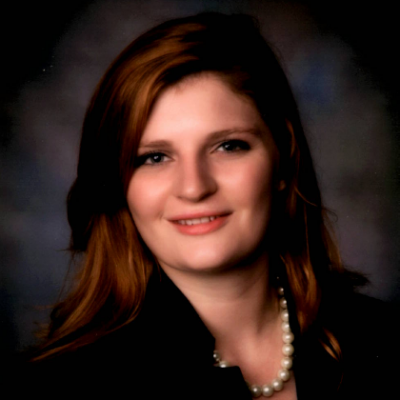Student Spotlight: Miquela Hanselman

June 6, 2019
Miquela Hanselman is a master of public health candidate from South Kortright, New York. After earning her bachelor’s degree as a fourth-generation legacy student at Cornell, she decided to pursue further study through the M.P.H. program with a concentration in food systems and health.
What is your area of research and why is it important?
When I was on campus, I worked with the Milk Quality Improvement Program and Food Safety Lab. I helped with many projects all focused on maintaining and improving the milk quality in New York State from farm to grocery store. This included on-farm studies looking at teat ends to testing milk samples for 21 days and monitoring bacteria counts. The New York dairy industry is a leader in milk quality; this program just helps them stay there!
What inspired you to choose this field of study?
When I came to Cornell, I was determined to go to medical school. However, life happened and I came to a tough realization that I just didn’t want it enough. Life balance was more important to me than stressing out over the grades I needed for medical school. I spent the summer between my junior and senior year in Zambia completing my global health minor and realized that there are so many factors doctors can’t control that can lead to serious health problems. Those problems are everything public health is trying to tackle. Public health has allowed me to bring together my agriculture experiences from growing up on a dairy farm and studying animal science in undergrad, and apply them to issues within the food system to help people. There is a quote that says leave it better than you found it, and I think through public health, I can do that.
What influenced you to spend a semester in D.C. working on policy?
Truthfully, I was frustrated with the United States food system. We learn a lot about systems thinking in my program, and we kept discussing all of these large issues like food insecurity, or disaster relief, and I felt like I kept hitting a wall when it came to policy. You may be able to change things at a community level, which is great for that community, but I wanted to drive change at a higher level. In my perspective, a lot of the issues in the United States are driven by an unwillingness to change policies or put new ones in place. I wanted to come to D.C. to see if my theory was correct, and to better understand if policies could make a change.
How does policy complement your studies as a public health student?
Policy has helped me bring together my two worlds of public health and agriculture. A lot of people would look at my resume and have a hard time connecting the dots. But policy has given me a place to connect all of those dots and utilize them (hopefully) to help improve the food system.
What are your hobbies or interests outside of your research or scholarship?
I really love basketball. I played on the Cornell women’s club basketball team during my time at Cornell and was always active in intramurals. I also enjoy reading and cooking.
Why did you choose Cornell to pursue your degree?
I would say my story is pretty classic- I’m a fourth generation legacy at Cornell, and from the time I was about five years old I knew that was the only school I wanted to go to. My senior year, when I was trying to figure out what to do after I graduated, I heard about the M.P.H. program through a friend who thought it would be a good fit for me because of the “One Health” focus. She was absolutely right. The fact that the program was at Cornell was just an added bonus.
